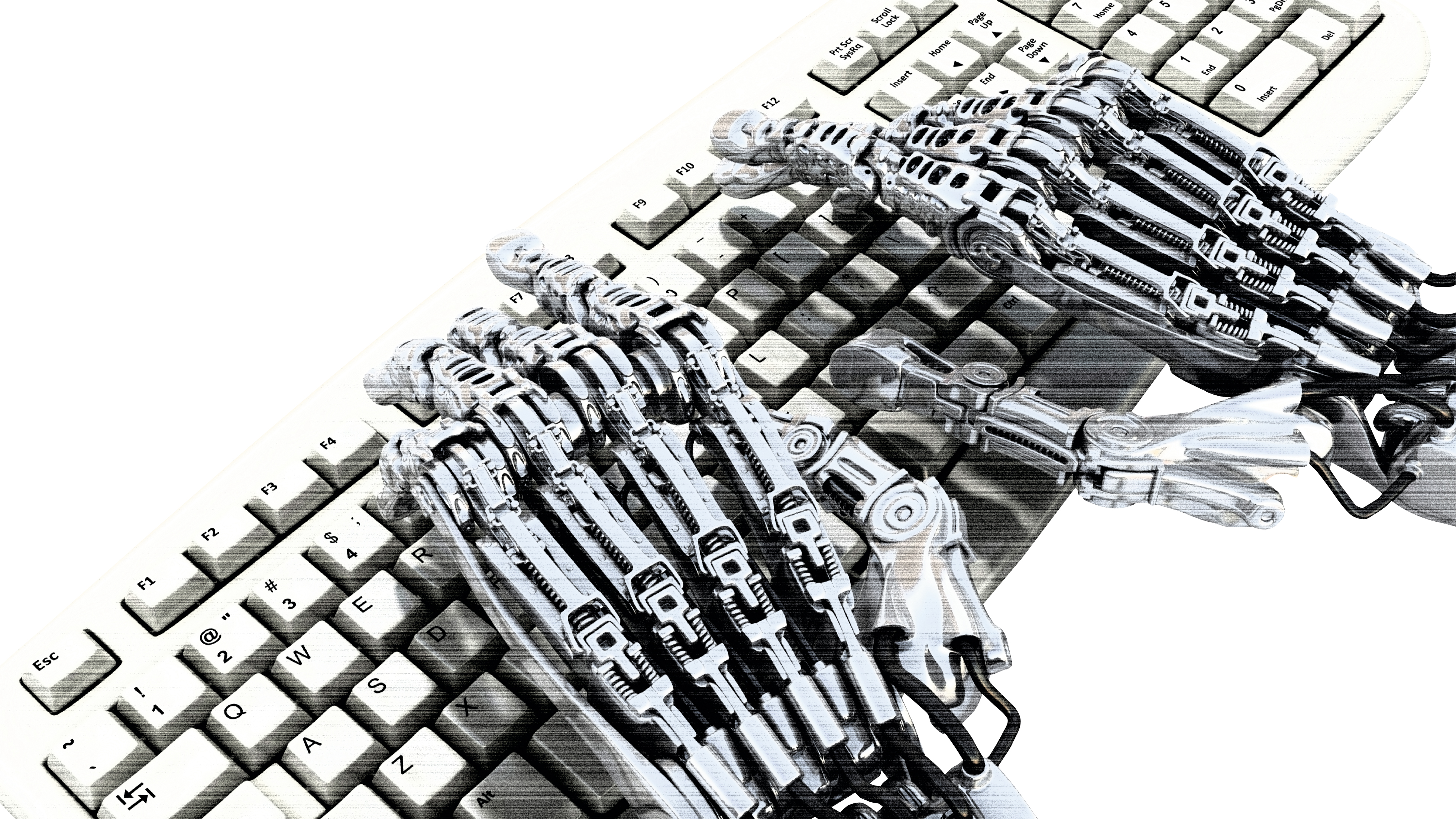Google, Ray Kurzweil developing 'ambitious' intelligent A.I. search tech
Computers that truly understand language

New Google hire and accomplished inventor Ray Kurzweil recently described his "ambitious" current project at the search giant in an interview with Singularity Hub.
Kurzweil is hoping to leverage Google's massive pool of resources and data to develop technology that would create truly intelligent computers that can understand human language on a deep level.
The technology could be used to create hyper-intelligent search engines that answer questions before you even ask them, or to cause the downfall of humanity, though Kurzweil failed to mention that last point.
A video of the entire exchange was posted to Youtube last week, and the discussion is truly fascinating.
Computers that understand language
Kurzweil knows what he's talking about. According to Phys.org, the American inventor is responsible for both commercial speech recognition software and text-to-speech reading machines for the blind, among other things.
"There is no more important project than understanding intelligence and recreating it," he told his interviewer.
His project at Google is focused on getting computers to understand "natural language," as he calls it, which will allow machines to better serve humans (or rise up against them).
Get daily insight, inspiration and deals in your inbox
Sign up for breaking news, reviews, opinion, top tech deals, and more.
Computers at this point are unable to determine the meanings behind the words, phrases and sentences that they parse through by the billions on the internet, Kurzweil explained, but he's is looking to change that with Google's help.
"It will know at a semantically deep level what you're interest in, not just the topic," he said. "It will know the specific questions and concerns you have. It will be constantly surveying all of the new knowledge that comes out every minute and bringing things to your attention that it thinks you will want."
He said that technology will answer our questions before we even ask them, and that this function would likely be integrated into the "core technology" of our devices and computers.
They're listening
Kurzweil gave an example regarding someone worried about not getting enough of a specific vitamin - the person's device picks up on that concern, despite it not being asked directly, and weeks later points out to the user that new information is available regarding that particular vitamin.
That nagging feeling in the back of your head is the one that's worried about computers listening to your every word, and Kurzweil isn't blind to that.
"Privacy is obviously a huge issue, but it is already to Google," he said. "It's already exposed to a lot of private information, and they do a very good job to maintain that. I can tell you from having been there one day that that is a big message."
But users will be OK with granting the new smart search technology access to their lives, because it will be "like a friend" to them, he concluded.
Until it stabs them in the back, that is. Just don't say we didn't warn you.
Via Singularity Hub
Michael Rougeau is a former freelance news writer for TechRadar. Studying at Goldsmiths, University of London, and Northeastern University, Michael has bylines at Kotaku, 1UP, G4, Complex Magazine, Digital Trends, GamesRadar, GameSpot, IFC, Animal New York, @Gamer, Inside the Magic, Comic Book Resources, Zap2It, TabTimes, GameZone, Cheat Code Central, Gameshark, Gameranx, The Industry, Debonair Mag, Kombo, and others.
Micheal also spent time as the Games Editor for Playboy.com, and was the managing editor at GameSpot before becoming an Animal Care Manager for Wags and Walks.
